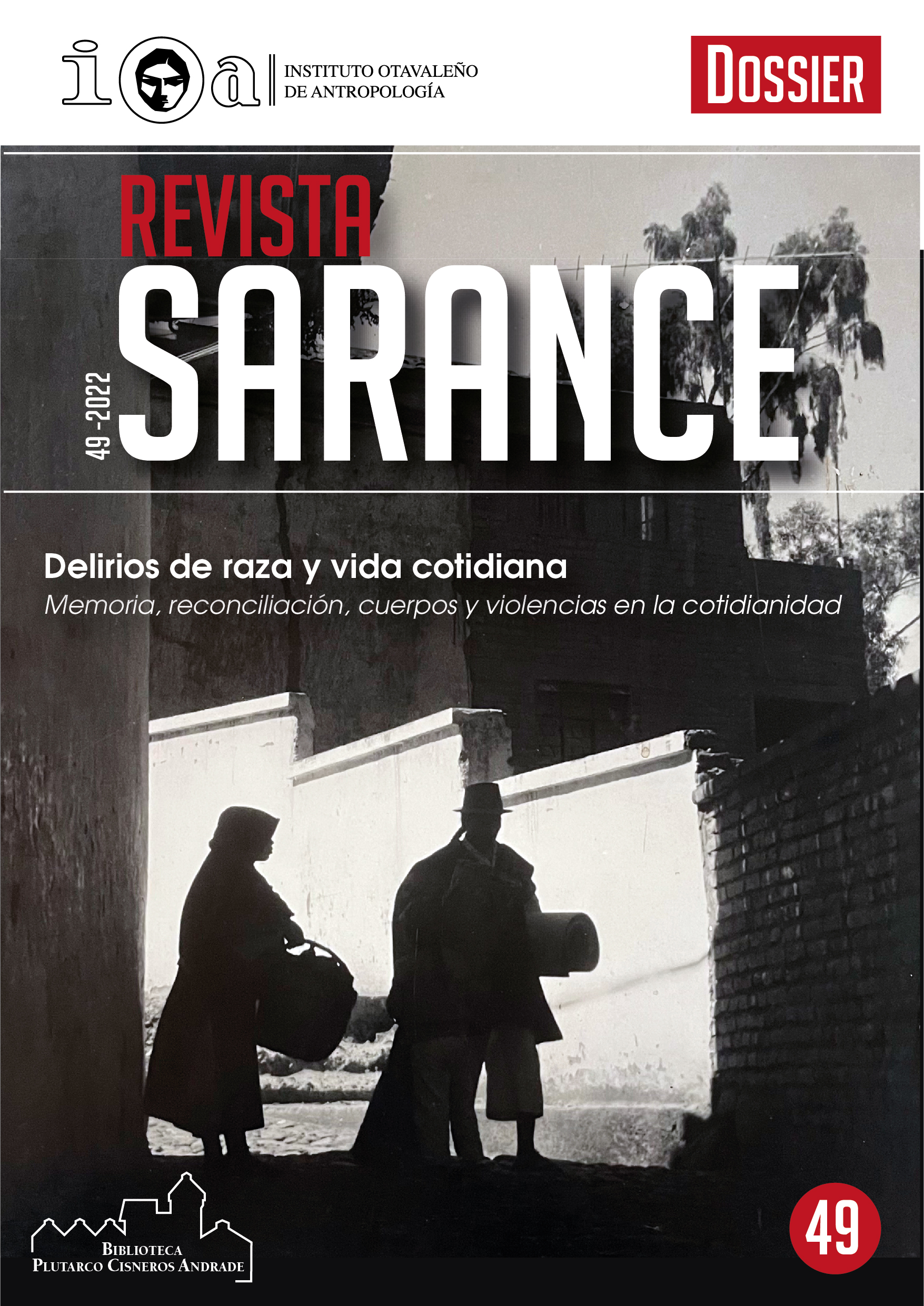Abstract
The article analyzes the race-language relationship from both political and legal perspectives in order to deconstruct its assumptions and claim a paradigm shift in terms of the ontology of linguistic rights. Two perspectives are identified from the political point of view: one focuses on the process of domination and language as a system of signs; the other focuses on the process of racialization and speech as a materialization of language. From the legal point of view, an analysis of constitutional texts reveals how alterity is classified through the use of specific terminology. The discussion of the official character of languages in the 1998 and 2008 constitutions allows a critique of the multiculturalist ordering based on cultural geography. The challenges of language shift and language mixing for the object of linguistic rights are identified with the aim of understanding the latter in intercultural terms.

This work is licensed under a Creative Commons Attribution-NonCommercial-ShareAlike 4.0 International License.
Copyright (c) 2022 Array





